#hayti
Text
A symbol of resistance
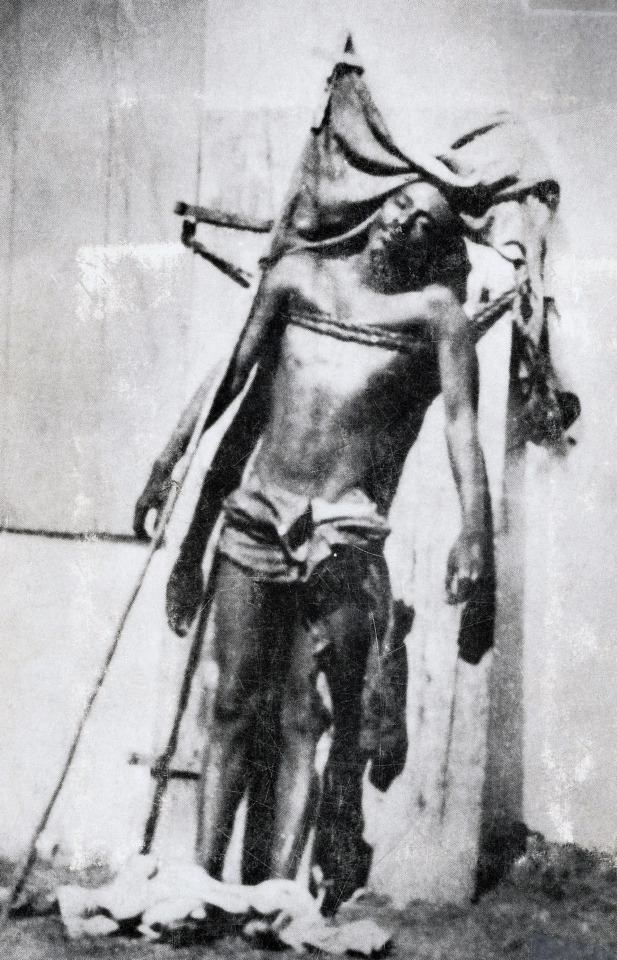
Charlemagne Péralte
Charlemagne Péralte was a Haitian resistance leader shot by U.S. forces during the 1915 occupation.
After Péralte's death, U.S. troops displayed his body posed in a way that resembled a crucifixion – tied upright with a Haitian flag draped over him. This photo was intended to intimidate the Haitian population.
However, it backfired. The image resonated with Haitians, making Péralte a martyr and a symbol of resistance. There's even a famous Haitian painting called "The Crucifixion of Charlemagne Péralte for Freedom."
#resistance#Charlemagne Peralte#Ayiti#Hayti#Haiti#U.S. Occupation#martyr#Hero#The Crucifixion of Charlemagne Peralte#african diaspora#History#EvilisWinning#black liberation#1915
299 notes
·
View notes
Text
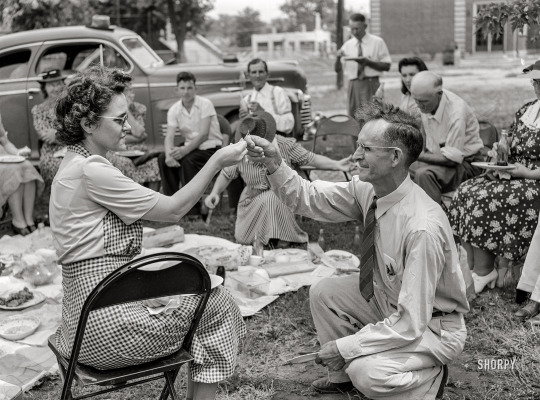
July 1942. "Hayti, Missouri. Breaking a wishbone at the Cotton Carnival picnic."
Photo by Arthur Rothstein for the Office of War Information
View full size
18 notes
·
View notes
Text
The 1791 Haitian Revolution of Black Slaves
Check out the newest LOST IN HISTORY blog post!
Haitian Black Slaves revolt against French control in 1791
The Haitian Revolution was the largest, most successful slave rebellion in the Western World. Black slaves initiated a rebellion in 1791 and by 1803, they’d ended not just slavery, but achieved independence over French colonial rule. Ironically, it was influenced by the French Revolution of 1789. This had brought forth new concepts of…
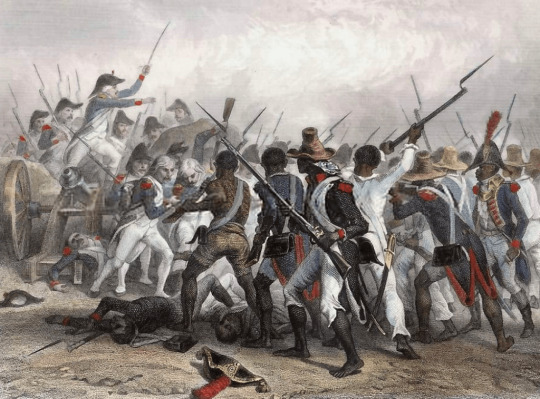
View On WordPress
2 notes
·
View notes
Text
Watch "Ayiti Se - official version" on YouTube
youtube
8 notes
·
View notes
Photo

Who would have thought that hot peppers grow well with pink bananas? When you think about it, the world is a pretty amazing place. We have plants that can grow through snow and ice, flowers that bloom in the desert and produce fruit all year long, and even trees that can survive being planted upside down. But what about the relationship between plants? What about the hidden bonds that exist between plants and other organisms? And how do those relationships affect our health? To answer these questions, we need to look beyond just what grows well together in a regenerative food system. We need to look at everything—from soil to air to water—and start asking questions about what grows best together, and why. #growninhaiti #agrinatif #hotppeppers #pinkbananas #haiti #ayiti #regenerativefoodsystem #hayti #peperslovepinkbananas #organic #companionplanting #community #foodsecurity #nurtureyournature #agroforestry https://www.instagram.com/p/CghEdMIu141/?igshid=NGJjMDIxMWI=
#growninhaiti#agrinatif#hotppeppers#pinkbananas#haiti#ayiti#regenerativefoodsystem#hayti#peperslovepinkbananas#organic#companionplanting#community#foodsecurity#nurtureyournature#agroforestry
12 notes
·
View notes
Text
This recent article from The Guardian explores the tragic history of Haiti.
Despite presenting facts from history, the article is labeled as an "opinion."
1 note
·
View note
Text
Extended Health Services, located at 105 Russell St, Hayti, MO 63851, United States, is a trusted and leading provider of revenue cycle management (RCM) solutions for healthcare providers. Our wide range of services is designed to help our valued clients enhance their revenue cycle management and optimize their reimbursement processes.
Services:
Medical Billing
Medical Coding
Credentialing
Denial Management
Virtual Assistant
Virtual Medical Scribe
Revenue Cycle Management
Prior Authorization
Account Receivable
By partnering with Extended Health Services, you can expect to enjoy the following benefits:
Accurate and Efficient Billing: We prioritize precision and efficiency in all our billing processes hence ensuring that you receive the full value of your services.
Reduced Denials: Our expert team works tirelessly to minimize claim denials resulting in increased revenue potential.
Improved Cash Flow: We help you manage your cash flow effectively so as to ensure the financial health of your healthcare facility.
Reduced Stress: With us as your dedicated partner, you can focus on patient care while we handle your billing and administrative responsibilities efficiently.
For more information and a deeper understanding of how our services can contribute to your success, please do not hesitate to get in touch with us today.
You can reach us through any of the following channels:
Phone: +1 (573) 724-4060.
Website: https://extendedhealthservices.us/.
Email: [email protected]
As Extended Health Services Company, we are committed to being your trusted partner for all revenue cycle management needs. We strive to ensure that healthcare providers like yourself thrive in today’s dynamic healthcare landscape.
#medical billing services#medicalcoding#medical credentialing services#DenialManagement#VirtualAssistant#VirtualMedicalScribe#RevenueCycleManagement#PriorAuthorization#AccountsReceivableManagement#ExtendedHealthServices#hayti#us#doctors
0 notes
Video
youtube
(via https://youtube.com/watch?v=V_asO5LawBo&si=aPG0AjHK89SPzFBl)
#youtube#hayti#jhonsonnapoleon#biereewo#EwoBeer#haitianbusiness#Haiti#Jhonson Napoleon bierre Ewo Haitien Beer byè Kreye 13 Biznis Oportinite LakayExpo Haitien Business Online Marketing Se Chemin Haiti business
0 notes
Link
Interview with long time friend Chuck Ruffin and photographer as we talked Durham music scene, his connection to a legendary singer as well as his love of blues and his military background and some of the amazing pictures that he has taken both of events and people and buildings....Great conversation that you don't want to miss....
0 notes
Text
cum, pussy, masturbation
Young beauty Nikki Bell tormented with rough lesbian BDSM
Horny big tits MILF Desi Dalton bangs her former stepson - Naughty America
EBONY BBW LOVES ROUGH SEX
Câmera do parque flagra casal fodendo em público
Deutsche amateur Nachbarin versucht erstes pornocasting
Aficionada putona celebra gol del america
southend kursaal casino
ambitious booty fucked by bbc macana man
Funny sex
#zafree#overfrown#Otionia#overdebilitating#Frs.#pleuritical#mosaic-floored#Karnataka#cochromatography#hydatidocele#tramroads#Hayti#antecedaneously#aphagias#extroitive#khansaman#bingle#tinniness#bomdia#matronhood
1 note
·
View note
Photo
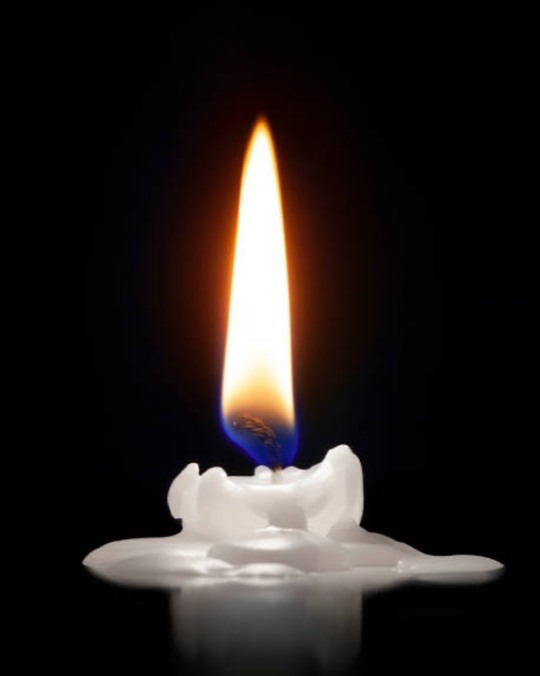
01.12.2010 - 01.12.2013 #Remembering #InLovingMemory #Haiti #Ayiti #Hayti https://www.instagram.com/p/CnU_bEVvPo5/?igshid=NGJjMDIxMWI=
0 notes
Photo
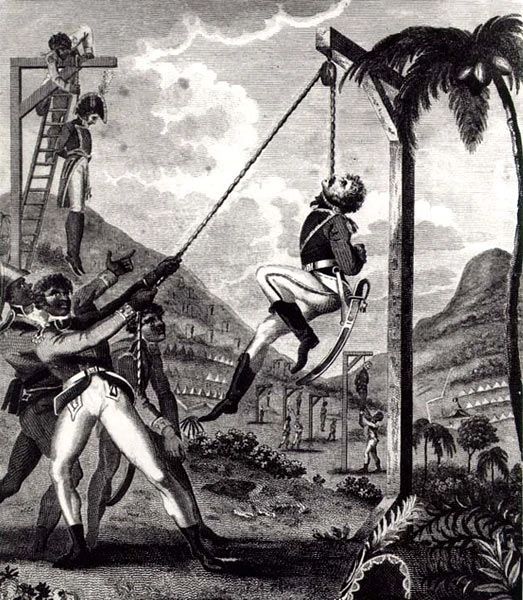
On this day, 1 January 1804, Haiti became an independent republic, following the revolution which had begun 13 years earlier as a rebellion of enslaved people against slavery and French colonialism. Previously known as Saint-Domingue, it was the most profitable colony in the world, generating greater revenue than all of the continental North American colonies combined. This immense wealth was generated by the sweat and blood of enslaved Africans who were being worked to death in their tens of thousands on coffee and sugar plantations. Shortly after the French revolution, which supposedly espoused the ideals of "liberty, equality and fraternity," on August 22, 1791 enslaved people rose up, demanding those ideals be realised, and slavery and colonialism abolished. Over the coming years, the rebels successfully defeated the combined armies of the world's biggest colonial powers: France, Spain and Britain. The 1804 declaration of independence abolished the colony of Saint-Domingue and reinstated the Indigenous Taíno name of Hayti. Europe and the US then promptly ostracised the fledgling republic, causing severe economic hardship. In 1825, France finally agreed to recognise Haiti's independence, provided it compensate former enslavers to the tune of 150 million gold francs ($21 billion today) - a ransom which deeply impoverished the government and was not fully repaid until 1947. The United States only recognised Haitian independence in 1862, but this did not prevent it from invading and occupying it in 1915. Learn more about this rebellion and others around the world in this book by CLR James: https://shop.workingclasshistory.com/products/a-history-of-pan-african-revolt-c-l-r-james https://www.facebook.com/workingclasshistory/photos/a.1819457841572691/2176487692536369/?type=3
480 notes
·
View notes
Text

"Hayti, Missouri. Family of Glen Eaker (seated), superintendent of the local Rural Electrification Administration (REA) cooperative." Photographed 1942 by Arthur Rothstein for the U.S. Foreign Information Service.
27 notes
·
View notes
Text
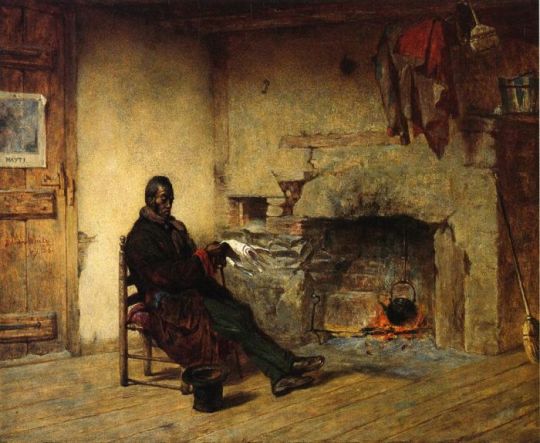
Edwin White - Thoughts of Liberia, Emancipation (1861)
The subject of this painting is probably a freeman, since most enslaved peoples were forbidden to read. The title informs us that the man's thoughts have wandered to Liberia, where the American Colonization Society was organizing a resettlement of freed enslaved peoples. The reference to "Hayti" is a reminder of the fight for freedom in that French colony, as well as the social and political turmoil that followed. Enslaved peoples in Haiti won their freedom in 1804, after a 13-year war against their French enslavers. (source)
56 notes
·
View notes
Text
Was Lovecraft Ableist? An Examination of "Lovecraftian Madness", Part 2: The Call of Cthulhu
(Warnings for this post include spoilers for The Call of Cthulhu, and Lovecraft-typical racism as well as period-typical ableism.)
In my last post about Lovecraft, I began an examination of the subject of "Lovecraftian madness" - specifically, how the term is used today, what people believe it to mean, and whether Lovecraft intended it in an ableist and derogatory sense. To figure this out, I decided to look at two of his best known works: At the Mountains of Madness, a story that uses the word "madness" more often than I change my underwear, and The Call of Cthulhu, a story notorious for its plot point of people getting the brain scramblies from seeing visions of an elder god.
Since this is a pretty in-depth topic, I've split it into two posts. In the last one I examined At the Mountains of Madness and its relationship to the infamous word. Based on the context and usage within the story, I determined that while it wasn't without its issues, it had nothing to do with the concept of mental illness at the time and, generally speaking, was not ableist of Lovecraft to use.
So what about the story that started it all? And I don't just mean "Lovecraftian madness" - I mean evil cults trying to summon their apocalyptic gods, the aforementioned and legendary brain scramblies, and the introduction of the Mythos' most iconic and misunderstood character, Cthulhu* himself.
Well, The Call of Cthulhu is already notorious for its disturbing levels of racism, so it wouldn't be terribly surprising to find out that it was ableist as well. What did surprise me is that, contrary to the insistence of many of Lovecraft's fans... not once did he describe the phenomenon that everyone is familiar with as "madness".
So, what did he call it? Well, the story features a diverse assortment of terms and euphemisms. A few of the choicest entries:
The (newspaper) cuttings largely alluded to outré mental illnesses and outbreaks of group folly or mania in the spring of 1925.
On March 23d, the manuscript continued, Wilcox failed to appear; and inquiries at his quarters revealed that he had been stricken with an obscure sort of fever and taken to the home of his family in Waterman Street… …Reference to this object, the doctor added, was invariably a prelude to the young man’s subsidence into lethargy. His temperature, oddly enough, was not greatly above normal; but his whole condition was otherwise such as to suggest true fever rather than mental disorder.
The subject, a widely known architect with leanings toward theosophy and occultism, went violently insane on the date of young Wilcox’s seizure, and expired several months later after incessant screamings to be saved from some escaped denizen of hell.
Mental illness, mental disorder, and violent insanity. Yikes.
But he doesn't stop there. Having pathologized the hell out of anyone affected by this phenomenon, Lovecraft goes on to take potshots at some of his least favorite people:
Voodoo orgies multiply in Hayti, and African outposts report ominous mutterings. American officers in the Philippines find certain tribes bothersome about this time, and New York policemen are mobbed by hysterical Levantines on the night of March 22–23.
From what I've been able to glean, "Levantine" is a general term referring to people from the Levant region, but this being Lovecraft, he may in fact have been referring to Jewish people - I have no way of knowing for sure.
He gives us a parting shot at the mentally ill, for good measure:
And so numerous are the recorded troubles in insane asylums, that only a miracle can have stopped the medical fraternity from noting strange parallelisms and drawing mystified conclusions.
Now, before I continue, there are a couple of things that I want to make note of. First, while Lovecraft's hatred for minority races went above and beyond the norms of his time, many of his prejudicial beliefs were standard, and that includes the way he talks about mental illness in this story.
Second, Lovecraft's relationship to the entire concept of mental illness was both deeply personal and fraught with torment. Lovecraft's own parents were institutionalized at different points, and he himself suffered from what may well have been an undiagnosed anxiety disorder, as well as possible issues with emotional dysregulation, and a sensitivity to stress that profoundly impacted his mental and physical health. This, in turn, contributed to an unhealthy preoccupation with the concept of mental illness, specifically the fear that he would succumb to the same fate as his father.
Essentially, what I'm saying is, this isn't a scathing indictment on his character in the way that his racism was. However, what this does not change is one simple, undeniable fact:
The Call of Cthulhu, and the associated notion of elder gods melting your brains with their mere presence, is rooted in ableism.
This entire story describes some kind of mental plague that disproportionately affects people like Lovecraft himself - the emotionally sensitive, the mentally ill, and so on. While we can take this as the internalized ableism and self-deprecation that it was, it was still an exhibition of bigotry toward the neurodivergent.
And despite people's best intentions, changing "mental illness" to "madness" does not magically erase that fact. And anyone who tries to tell you that Lovecraft never intended it to be about mental illness, it was just alien influence, I swear! is either lying, or in desperate need of a reread of this story.
Now, that doesn't mean that there aren't ways to make this concept less shitty. You could get away from the whole 'mental illness' thing and lean into the Psychic Exposure To Alien Minds angle - provided you're careful not to produce some tacit implication that some people are just weaker minded, as Lovecraft did. Or you could go the Mountains of Madness route and not talk about psychic aliens at all, just the consequences of stress and trauma on the human mind.
But what doesn't work, and what doesn't help anyone who suffers from mental illness, is to pretend that the ableism was never there. That's never going to be true, however fervently we can wish it was.
*Pronounced Ckhloo-loo, if you're a Mythos purist. Neat little tidbit I picked up while researching on www.hplovecraft.com.
5 notes
·
View notes
Text
Upon reading my physical copy of a history book called Hayti or the Black Republic by Spencer St John. When it talks about a man named Léger-Félicité Sonthonax who was a French abolitionist and a Former Commissioner of Saint-Domingue and a member of the 'Society of Friends Of The Blacks' (he was definitely not a friend to anyone). With some extra digging, seems like he was responsible for the influence of the white genocide in Haiti. Turning different races against each other, even against their own. Seems that I noticed a familiar pattern.
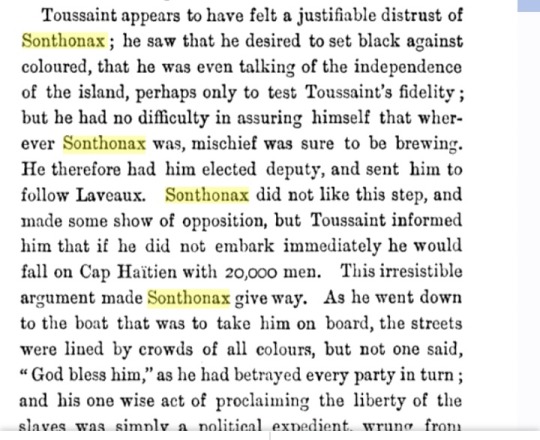

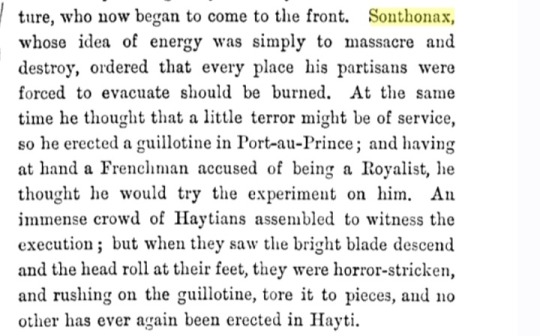
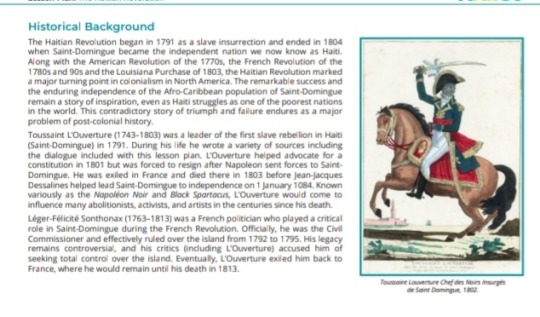


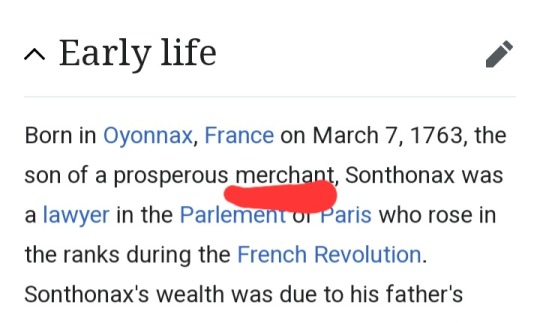

25 notes
·
View notes